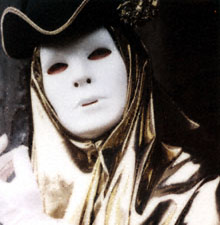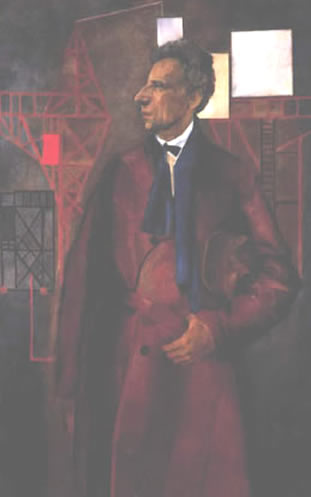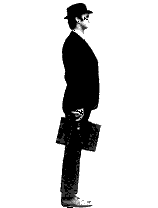[ from theatre page @ BOOKS with Film-North ]
1. This page was made before vtheatre.net/books directory (you are here). Before I made books and biblio pages in every directory (acting I, II, III, Directing, Drama). Consider it a doorway page to theatre books and do not expect updates.
2. Most titles are linked to Amazon.com and Questia.com! Or use search function (google does my sies too).
3. My Books and/or Textbooks are not updated.
4. For updates see NEW pages (also, in every directory).
5. HTMLgears (listings) are from the previous generation of my webpages, but the links are current.
6. At the bottom is support pages such as books, appendix, links, references, and etc.
7. My mailing list is the top under general directories. I mail out news with Anatoly twice/three times a year. Also, see filmplus.org/anatoly -- a blog I have.
8. Need more? Subscribe to forums I still use for classes I teach, look at archives, post your intro and questions. There are some pages for cyber students.
9. Many, many good sites and pages out there (links I try to list them, as I see them). Check out the your link page and submit, if you are webmaster (moderated lists).
....
Theatre on the Web:
The book I need to get...
Good reading!
Anatoly.org 2006
Well, I read books and I read textbooks. Some are good and I would like to post my notes (yes, I make notes when I read). But where? Here? Or on the "books" pages in subject directories? On Acting -- in acting, and so on.
Or even better -- on specific topics pages -- imtpov, movement, subtext!
Since I do everything through Amazon now, you can go to "my page" and see what I buy, recommend and so on. The book pages are mostly listings (links) under different sub-subjects -- everything related to the pages I have in my etextbooks. For example, if you read act.vtheatre.net (fundamentals of acting) and need a monologue -- you go to theatre books directory (here) and see the pages on monologues. The same with the "scene study" pages and etc.
 There are two (more) new directories, which will grow in 2003: Film600: Anti-Theory and Personal Politics (both with the references to the books I read and use; philosophy). Also, check the classes I teach -- usually, while updating the pages, I expend the "books" pages I have now in every subject directory. Spring 2003: "Film & Movies" (Film Analysis), Stage Directions, Intermediate Acting (Biomechanics), fundamentals of Acting.... Plus, the shows directories (see the research pages): Don Juan by Moliere is on UAF main stage in April. Anyway, the heavy reading titles will be on the theory page (from my Film Books directory).
Above (pix "Woman-Violine" Dada period) is the THR200X Aesthetics (core) class; the place where you should start studying w/Anatoly. Everything else is more advanced. Archive and intro to other subjects; I do not teach this course anymore (but use the pages for more advanced classes as "basics you must know").
There are two (more) new directories, which will grow in 2003: Film600: Anti-Theory and Personal Politics (both with the references to the books I read and use; philosophy). Also, check the classes I teach -- usually, while updating the pages, I expend the "books" pages I have now in every subject directory. Spring 2003: "Film & Movies" (Film Analysis), Stage Directions, Intermediate Acting (Biomechanics), fundamentals of Acting.... Plus, the shows directories (see the research pages): Don Juan by Moliere is on UAF main stage in April. Anyway, the heavy reading titles will be on the theory page (from my Film Books directory).
Above (pix "Woman-Violine" Dada period) is the THR200X Aesthetics (core) class; the place where you should start studying w/Anatoly. Everything else is more advanced. Archive and intro to other subjects; I do not teach this course anymore (but use the pages for more advanced classes as "basics you must know").











